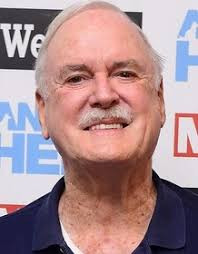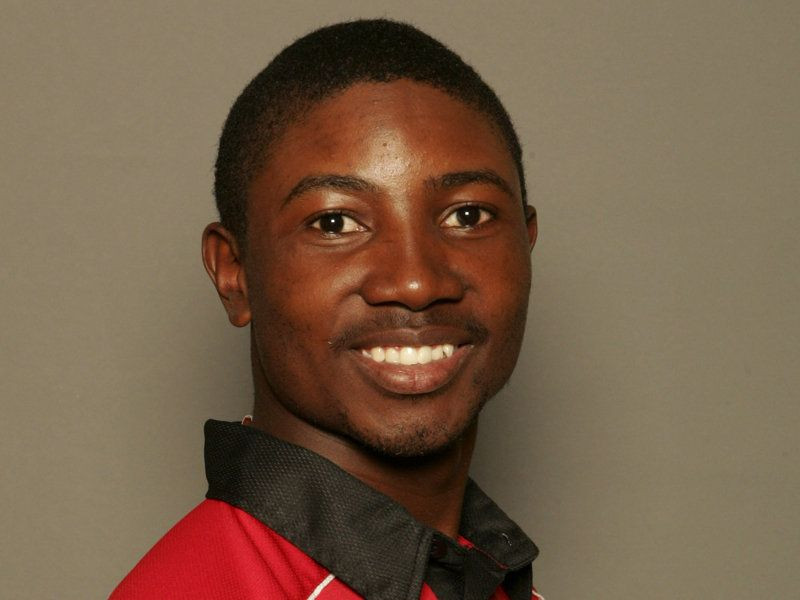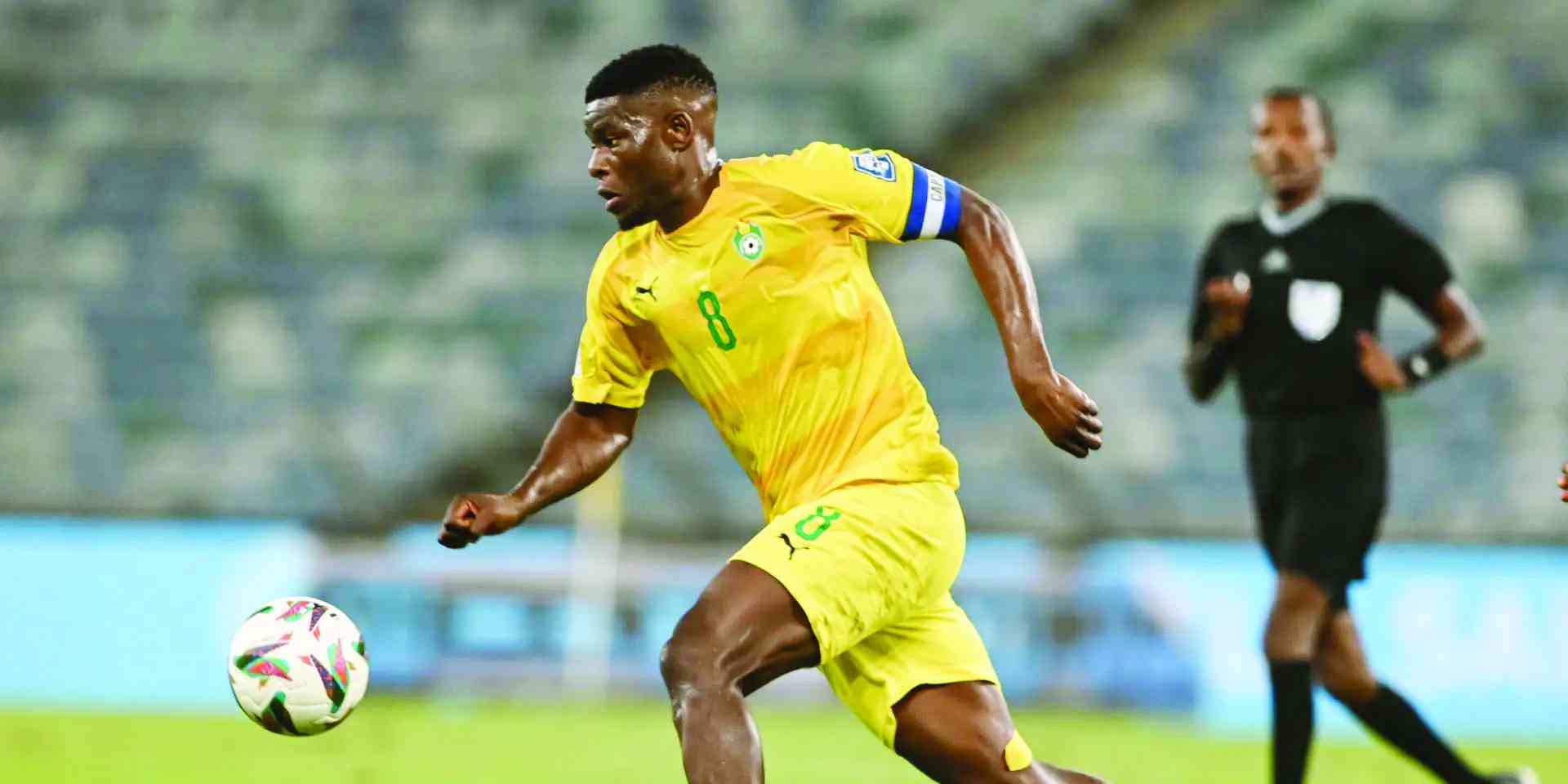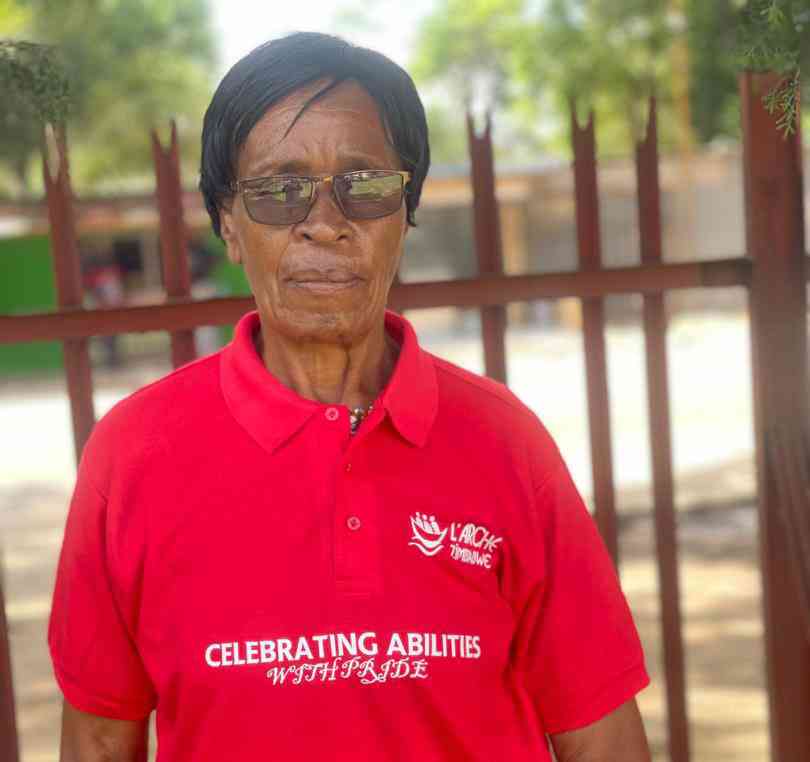
In the 1986 film Clockwise, John Cleese played the part of a fastidious Headmaster who is obsessed with punctualitybut on his way to address the Headmasters’ Conference, at which he has been given the great honour of being the first government school Headmaster to be invited to do so, he runs into endless setbacks, from being on the wrong train, leaving his speech behind, commandeering a truanting pupil to drive him, getting stuck in a muddy field, forgetting to pay for fuel, experiencing a broken public phone toultimately being chased by police on a number of counts. It is all about as mad as it gets!
It was almost as mad as the hugely popular Mad comic strip magazine which was first published in 1952 and ran for over sixty-five years, satirising and lampooning anything that breathed or walked, from political figures and celebrities to sports stars and businessmen.
On each cover there was a cartoon picture of a young boy, known as Alfred E Neuman (where E stood for Enigma), whose perennial motto was, "What, me worry?" while in each edition, as one commentator explained, "The message Mad had in general is, 'The media is lying to you, and we are part of the media.' It was basically ... 'Think for yourselves, kids'.” It really did appear to be as mad as it gets!
We might put these two reflections together, then, when we read on social media of a child saying “One time I was late for practice and coach made me run laps. My dad was the coach. And he drove me to practice.”
Do we laugh, cry or sit in disbelief at that statement? What sort of coach was his dad? What sort of dad was his coach? We will come shortly to the conflict of interest that this event depicts but we may wonder in the interim whose fault it was that the father/coach and son were late and indeed what the other children had been doing before the coach turned up late. We are left wondering also if there was any apology for being late given to the other pupils by the coach or his son. If the son was made to “run laps” for being late, why was the coach not doing the same, as he was late also?
Let us consider the “run laps” concept for a moment – after all, it is a common trait of coaches. How much good was that going to do for the son or indeed for the team? It meant for starters that the son missed even more of the practice. Running laps had no practical benefit for the child’s sporting development plus took away any joy or indeed purpose that there might have been in running, by using it as a punishment.
The question of the child’s fitness was not in doubt. Is it helpful embarrassing the child even more by singling him out to run laps?
Does the child think when he is running the laps that he must not be late in future?Instead of having to “run laps” it might have been just as helpful to “learn raps”.
- As mad as it gets
Keep Reading
What then of the dad? We might label him as MAD as being My Arrogant Dad. All he would have achieved by his actions would have been to make his son mad, angry, upset. He has encountered right here in this situation the conflict of interest that he has in being the coach of his son’s team.
He will have thought he was doing right by showing no favouritism, by penalising his own son as he would no doubt have done with other latecomers who were not his son, but he was still missing the point. Perhaps he would have done better by running laps himself, for being late for practice!
Previously we considered that much school sport coaching was ‘as bad as it gets’, where the coach was only looking after his reputation by finding a better player, but here we see how school coaching can also be as mad as it gets. We had reflected that coaching is as good as it gets when it is about making the player a better person – does running laps make someone a better person (let alone a better player)? We will end up following the path of the fastidious Head above, careering out of control, if we copy the actions of the coaching father.
It is an enigma that coaches do not understand the importance of their role and of their personal behaviour. Do they understand how to motivate youngsters? Do they simply, casually cry “What? Me worry?”? Consider then: is it easier to find a good coach or a good dad? The only thing a coach should be mad about is to Make A Difference. Are we mad?











